The comments come in the organisation’s annual report and accounts, published today (August 3). The accounts are the first to be released following WRAP’s transition to charity status.
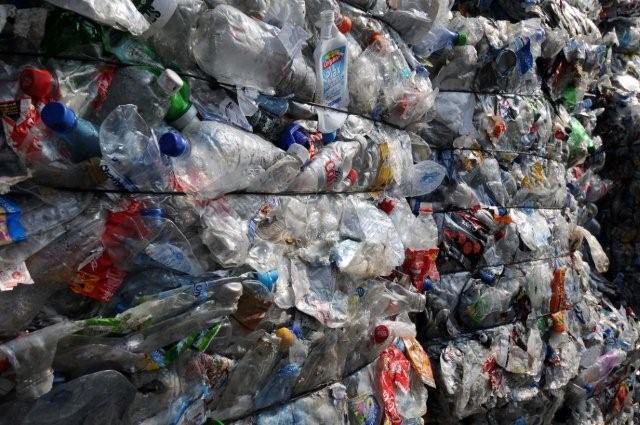
And, in the report WRAP has also backed the continuing use of voluntary agreements as a means of influencing behaviour change among businesses.
In the annual report for 2014/15, the charity says that for every £1 spent on its programmes, £2 was leveraged from external contributions, while overall the charity claims that it has seen an almost five-fold return on its investments to date.
But, one area that WRAP has seen mixed returns in is plastics recycling.
The charity was forced to write-off a loan of around £1.65 million to plastics recycler ECO Plastics after the company was placed into administration in December 2014 (see letsrecycle.com story).
According to WRAP, the fall in oil price at the turn of the year, which led to a drop in the price of virgin plastic, has put ‘significant pressure onto the markets for recycled plastics and threatens to undermine viability.’
Challenges
The annual report noted: “WRAP has been very active in its convening role with the recycled plastic milk bottle industry to help increase understanding on these issues. A number of recycling companies including some recipients of financial support from the Defra funded Mixed Plastic Loan Fund that WRAP operates through its Accelerating Growth Fund subsidiary have encountered financial difficulties. Despite these challenges, for the most part these facilities have remained in production, although in some cases after going through financial restructuring.”
Dagenham-based bottle recycler Closed Loop Recycling is among the plastics recyclers facing difficulties – having been bought out of administration in May by investment firm Euro Capital – with the new owners now understood to be keen to sell the business on. Closed Loop was among the beneficiaries of grant funding from WRAP when the plant was established in 2008.
The new owners of the company have claimed that the plant is faced with closure, and have called for the support of bottle blowers, retailers and dairies who they say have turned their backs on commitments to source recycled plastic for the production of new milk bottles.
Road Map
WRAP was among the organisations involved in talks with Closed Loop and signatories of the Dairy Road Map – the voluntary commitment in which a number of dairy producers and retailers pledged to use recycled plastic in milk bottle production.
Some figures in the sector have questioned whether voluntary agreements provide the necessary ‘pull’ mechanisms to support sectors such as plastics recycling but in its annual report WRAP asserts that voluntary agreements can help to achieve ‘substantial change’ within business.

Priorities
Elsewhere, the report points to progress on work within WRAP’s priority areas which include food and drink waste, clothing, electricals and waste and resource management.
Work on food and drink has included the launch of the ’10 cities’ initiative as part of the Love Food Hate Waste campaign in major cities across the UK. This involved speaking to around 15,000 members of the public to encourage behaviour change.
On textiles, WRAP notes that it has continued to increase the number of signatories to its SCAP 2020 commitment, with 72 UK based organisations committed to reducing the environmental footprint of clothing.
2015 has also seen the relaunch of WRAP’s Recycle Now campaign (see letsrecycle.com story), as well as the launch of the Recycling Locator, an online tool designed to help make recycling information clearer and more straightforward for householders.
In her introduction to the report, chief executive Liz Goodwin wrote: “It’s been another busy, productive year and I’m very proud of how much we and our partners have delivered, examples of which you will see illustrated in the Strategic Report. Delivering real change and action on the ground is what makes WRAP different and I have been keen to ensure we remain focused on delivery whilst developing our longer term strategy to diversify our funding base, grow our international reputation and make progress towards a world where resources are used sustainably.
“In parallel with our focus on delivery, WRAP registered as a charity in November 2014. We also established Zero Waste Scotland as a separate entity in July 2014, ensuring operations and programmes all continued to run smoothly throughout the transition. We have made a number of internal structural and operational changes to reflect our change in status and our plans to diversify our funding.”




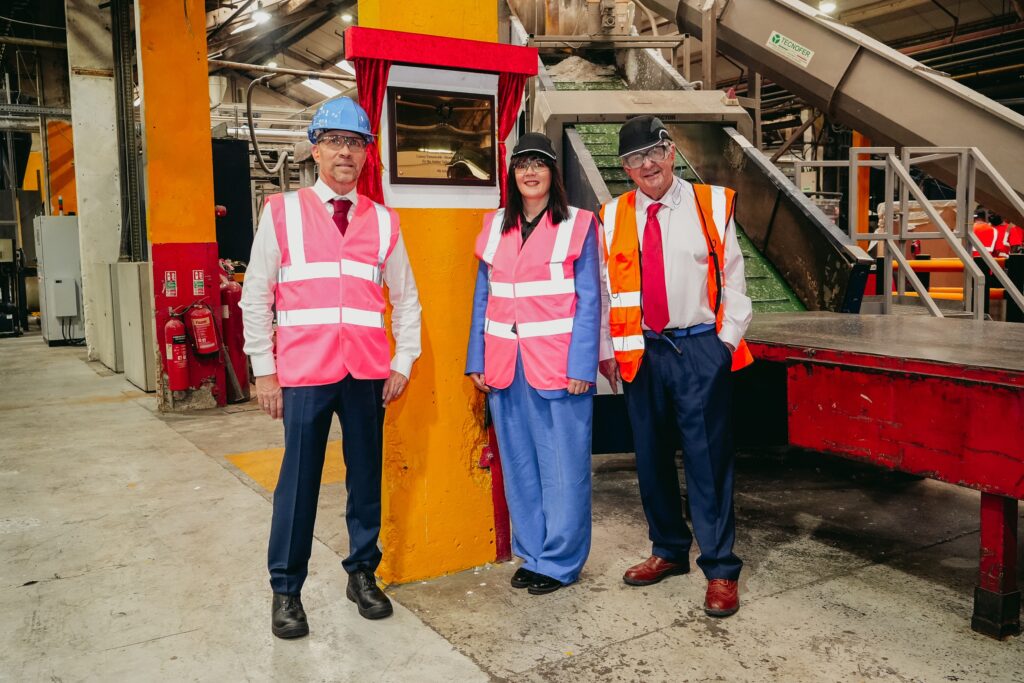
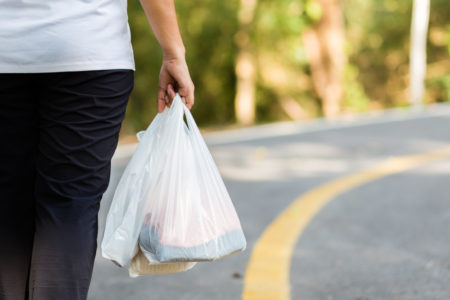
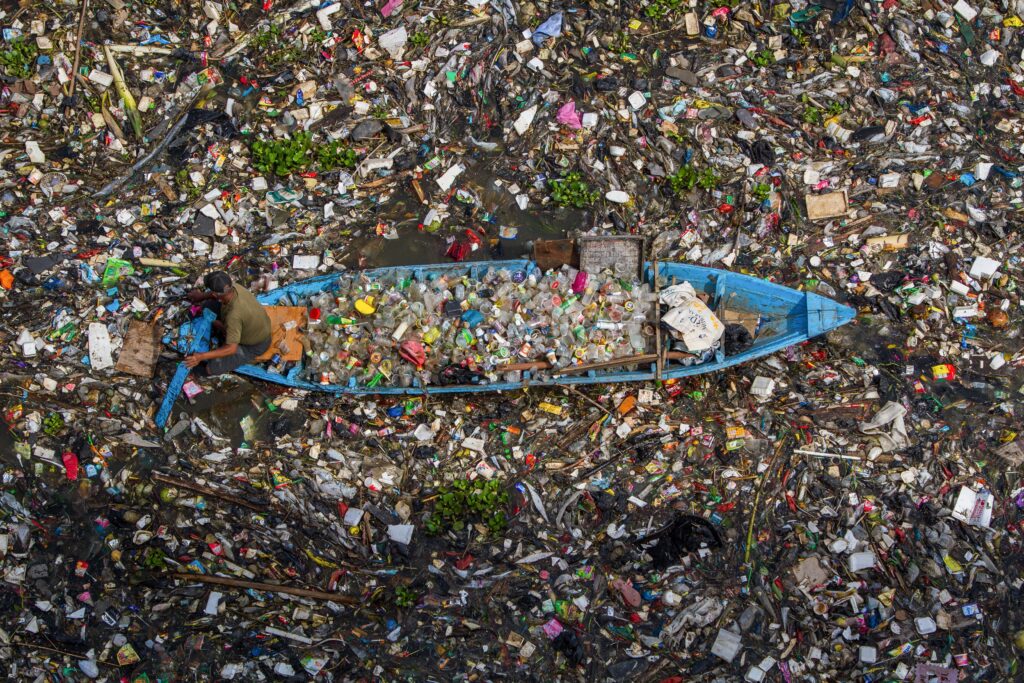
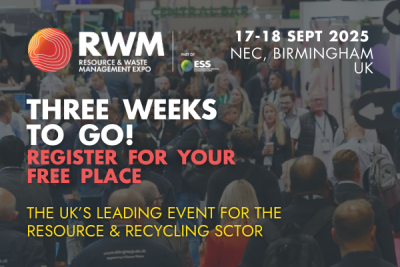
Subscribe for free